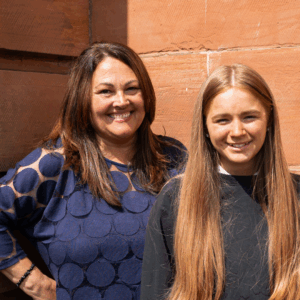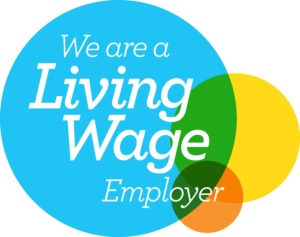National press have recently commented on Education Scotland’s longstanding advice about the impact of general mentoring schemes on education outcomes. At MCR Pathways, we are entirely focused on helping our country’s most disadvantaged young people and using statistical evidence to inform our programme’s policy. We are therefore pleased to see the comments made by Education Scotland about MCR and how we are delivering “significant improvements” in outcomes for those in care.
The spokesperson went on to say : “That has been clearly shown by the recent evaluation of the impact of the programme in Glasgow. This finding is in line with the evidence that Mentoring programmes that have a clear structure and expectations, provide training and support for mentors, are associated with more successful outcomes. The MCR Pathway is a great example of that success.”When it comes to mentoring programmes, there are as versions as there are types of mentors. Mentoring comes in all shapes and sizes and with varying degrees of effectiveness. With policy and research on the topic averaging out results, the particulars of what makes one programme highly effective can be masked. Whilst there is some debate over how much research has been carried out on mentoring, there is no debate on the impact that a caring adult – outside of the immediate family unit – can have on our most disadvantaged young people.
Overcoming Circumstances
The word ‘disadvantaged’ often conceals what is going on for young people. For those in the care system, everyday life can be contending with considerable degrees of instability, uncertainty, distrust and trauma, layered with a lack of control, confidence, hope and self-belief – all through no fault of their own. For us adults, irrespective of upbringing, when we have a personal crisis to deal with we struggle to concentrate. For young people experiencing crises, whether poverty related or due to family trauma, their ability to concentrate and fully engage in school is severely impacted. Without someone there to catch them they fall, which can have a cascading effect on their lives. What we’ve found over 11 years working in the most challenging of city communities and circumstances, is that mentoring can have a profound impact. This isn’t just in the confidence and self-belief of the young people, but very specifically in education outcomes.
The recent Glasgow City Council 2018 Impact Report on MCR Pathways described a multitude of hugely significantly and transformational statistics and personal stories of large numbers of young people. Where previously only 48.8% of young people in the care system progressed from school to college, university and employment, now 86% of those mentored do. Those achieving at least 5 subjects at National 4 was 92% compared to a 49% national baseline. This research is what has persuaded everyone involved that the MCR model of mentoring is transforming education outcomes. It is now supported by the Scottish Government and many committed institutions and individuals to reach as many young people nationally as possible.
The MCR Model
The MCR model is specific and focused after many years of learning. I am an expert on what doesn’t work. MCR doesn’t work in isolation, but it becomes potent as part of the education system.
It requires a full-time member of staff in each school. They build the foundational relationships directly with the young people in the critical transition from primary school. They deliver confidence building group work throughout S1 and S2 in preparation for mentoring starting in S3. S3 is a period when many choices are made, when futures are sometimes entirely determined. An MCR mentor is a caring volunteer who is carefully matched. They’re given no knowledge of the young person’s situation or past, putting the focus on the future. The mentor’s job is simply to build a relationship of trust to help that young person find, grow and use their talent.
As the weekly mentoring continues in S3 and S4, the next element, Talent Tasters, kicks in. These are bite sized menus of half day job, college and university experiences for young people to try out. They are designed with and for young people and provide a quality and engaging experience for both employer and participants.
The MCR Pathways model is a small cog that helps the overall education machine work for our most disadvantaged to radically transforms decades of poor outcomes.
Nation of Mentors
MCR supports 1,316 young people each week in Glasgow and is committed to ultimately supporting 5,000 across the country. At the same time as the young people experience a life changing difference, mentors do too.
Not only is this an education outcome, but now corporation and institutions are realising the social, economic and commercial benefits of mentoring. This is the next generation of CSR – helping our country’s most disadvantaged while improving staff morale and productivity as well as providing deep personal and leadership development. It will be fantastic when this is known and fully understood so that as in Glasgow, the MCR model of mentoring is simply the norm in every school.
#GiveAnHour
Across Scotland, we’re looking for volunteers to give an hour for our young people. When one person mentors, two lives are changed. Can you or someone you know get involved and help a young person find, grow and use their talents?





